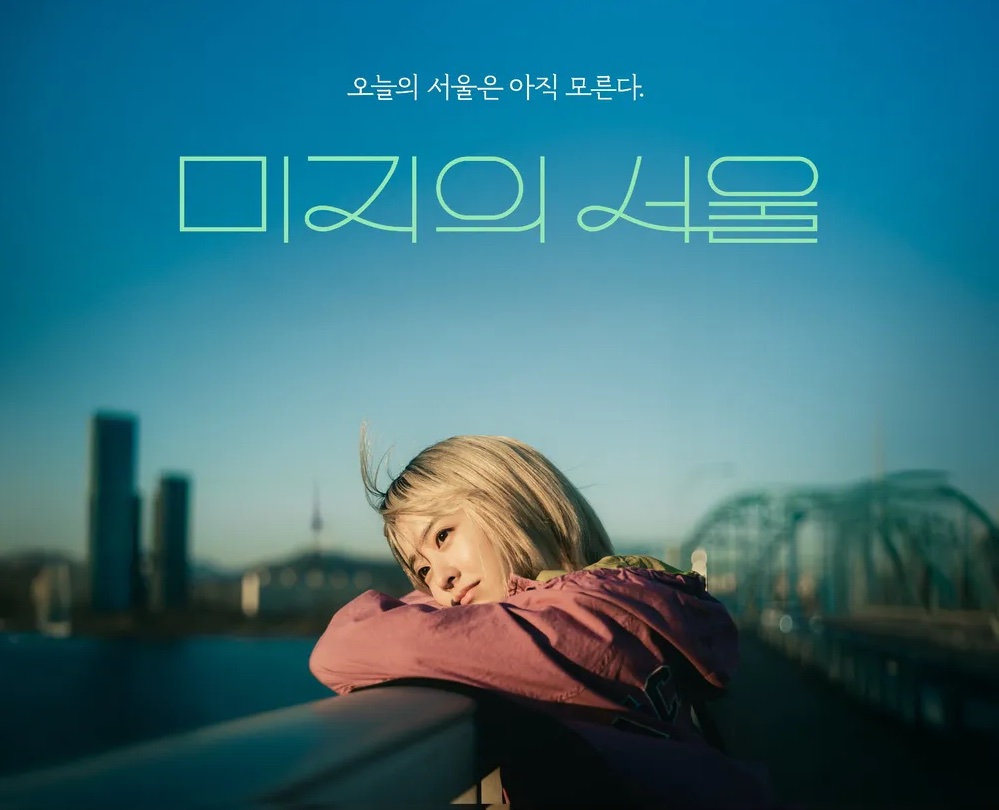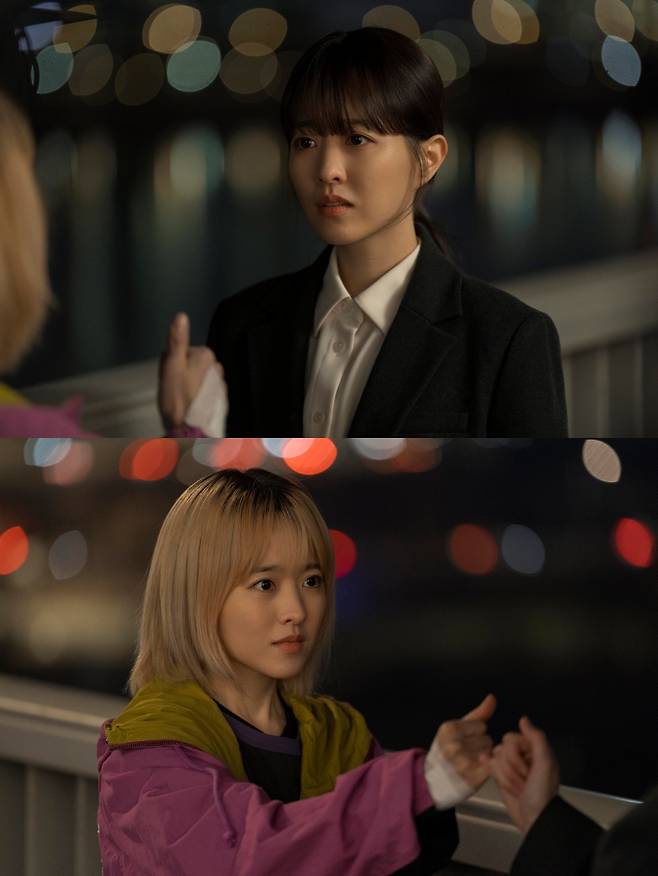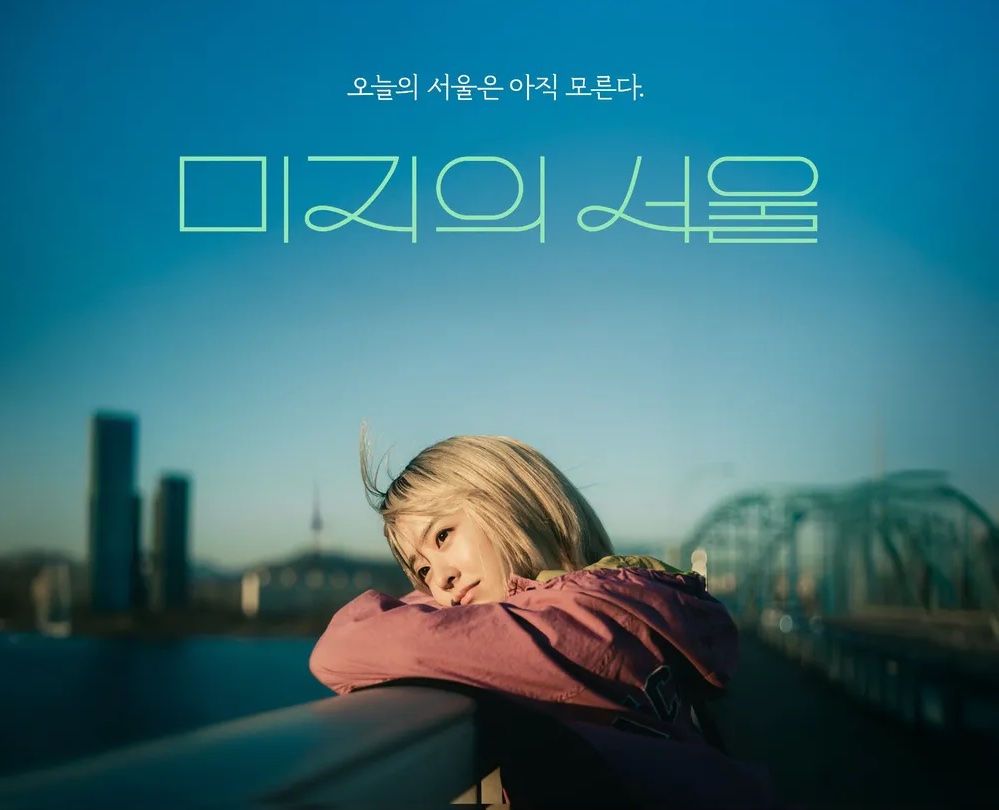My friends, if you’re craving a truly compelling TV drama, I highly recommend Our Unwritten Seoul, which just premiered on Netflix this past weekend. I tend to sample new dramas but rarely follow them through to the end; only the truly special ones, like the brilliant When Life Gives You Tangerines, which aired earlier this year, manage to draw me in from the very first episode and hold me to the last.

Our Unwritten Seoul is one of those dramas that has me completely immersed after just one episode. It tells the bold story of two identical twins who decide to swap lives, and it does so with striking finesse. When I first read the premise, I was skeptical. How would the production team even pull this off? But any doubts quickly vanished thanks to a taut, masterfully crafted script, distinctive yet polished direction, and above all, sensational acting by Park Bo-young, who portrays both twins with extraordinary skill.
Whenever the two sisters share a scene, it truly feels as if there are two Park Bo-youngs on screen. Despite the sisters being vastly different in character and temperament, Park inhabits both roles so completely that each moment feels genuine. I’m not sure how the director achieved such seamless duality, but it surpasses even the ambitious dual-role effect attempted in the Oscar-winning director Bong Joon-ho’s in Mickey 17 earlier this year.

What intrigues me most about this drama is its willingness to tackle difficult, socially relevant issues, such as workplace bullying, a problem in Korea. I appreciate dramas that bravely address challenging topics, especially since Korean TV often avoids controversy in favor of fantasies or light romantic comedies centered on wealth and love triangles.
Another distinguishing feature is that, unlike many recent Korean dramas based on webtoons, Our Unwritten Seoul was written by a seasoned screenwriter with a track record of excellence. Most of my favorite series—When Life Gives You Tangerines, Crash Landing on You, Mr, Sunshine, and My Mister—were all penned by professional screenwriters who spend years perfecting their scripts. Korean dramas usually run for 16 to 20 episodes, each running about 70 minutes without commercial breaks, making the writing process both demanding and impressive.
The first two episodes over the weekend were exceptional, with Park Bo-young delivering a performance that is nothing short of sublime. I eagerly look forward to the rest of the series in the coming months.
If you’re searching for a drama that offers more than the ordinary, I encourage you to give Our Unwritten Seoul a try.

